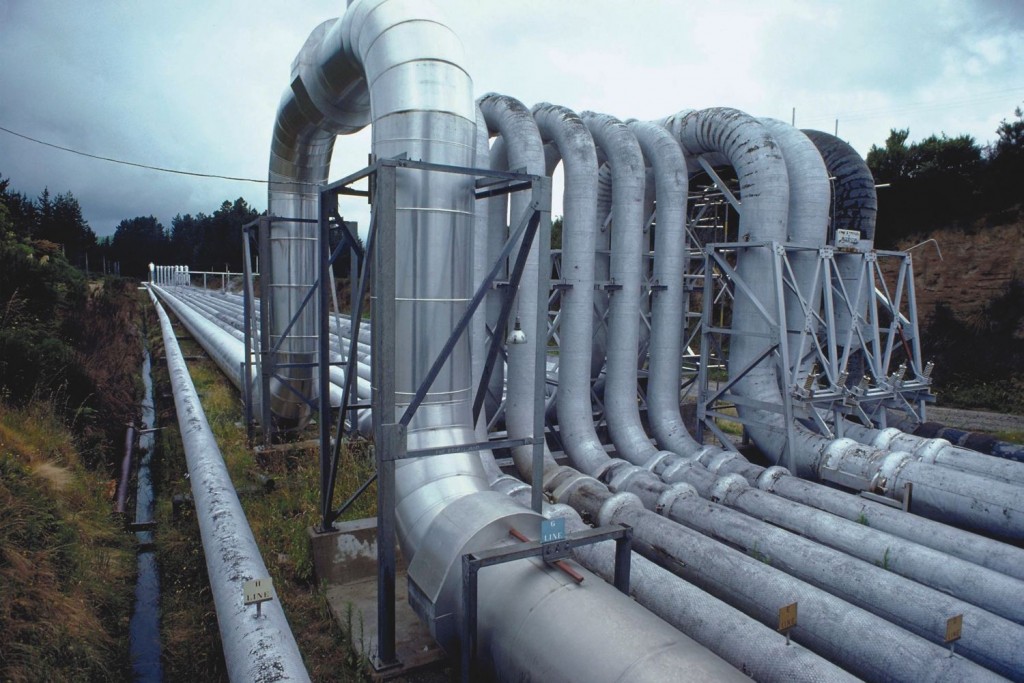
Following arrangements to implement the agreement on the construction of a nearly 5000 km Nigeria-Morocco offshore gas pipeline as announced in December 2016, a coalition of 40 civil society organisations from across the world have raised red flags on the project.
The project which is estimated to cost USD20 billion is expected to be a continuation of the existing 678 km long West African Gas pipeline (WAGP) that has been in service since 2010.
The pipeline project aspires to serve 12 countries on the African continent and some 300 million potential consumers, with a possible extension to the Europe in the long run.
However, the civil society groups led by ATTAC Morocco, Health of Mother Earth Foundation (HOMEF), OilWatch, and Friends of the Earth believe that the construction of this pipeline can only go in the direction of an increase of extraction and consumption of fossil resources, which according to them, is the main causes of global warming.
With the acceleration of global warming exceeding all expectations and greenhouse gas emissions setting new records since 2014, Nigeria and indeed the rest of Africa can ill-afford this project as the project is gas-based, an energy source that is not clean,” the groups say.
“Besides, the methane in gas is more volatile than CO2, and much more powerful in global warming potential, just as the concentration of methane in the atmosphere has accelerated dangerously since 2007,” the groups revealed in a statement signed by Lucile Daumas of ATTAC Morocco and HOMEF’s Nnimmo Bassey.
The campaigners in their statement of rejection are worried about environmental implications of the extraction, transportation and use of fossil fuels as well as its seismic studies on marine fauna, and the use and release of various chemical substances and wastes.
The risks of leaks, fires and explosions related to corrosion and navigation, according to the groups, are additional risks to that of methane emissions which will destroy livelihoods of millions of our people depending on fisheries in African waters.
The groups also kick against the project on the grounds that it is a top-down project that does not consider the needs of the populations and the environment.
“They were not consulted and will not be the first beneficiaries of this pipeline. While Nigeria is Africa’s largest exporter of gas and oil, less than half of the population has access to electricity. In Benin, Togo, already served by the WAGP, barely a third of the population have access to electricity,” they said.
The groups also want the project stopped project because it will be a financial sinkhole. “It is likely that the forecast cost of US $ 20 billion will be probably doubled and will lead to an exponential increase of the debt burden of our countries,” the said.










